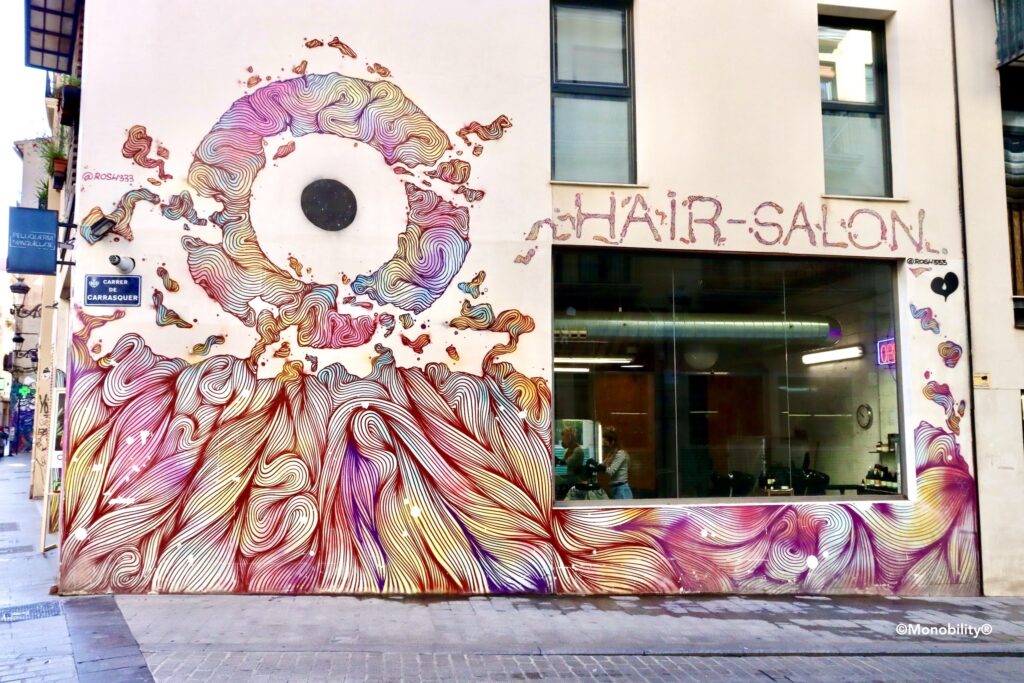To correctly say a simple but important phrase such as “I am thirsty” in Korean, you would have to understand another phonetic process called 비음화 (Nasalization), which is a part of 자음동화 (Consonant Assimilation) that I addressed in a previous post. Unlike many other languages, Korean consonants at the end of a syllable (받침) often change their sound when they are followed (or figuratively speaking, collided) by a nasal consonant such as ㄴ or ㅁ. Namely, 받침 phonemes ㄱ, ㄷ, ㅂ followed by ㄴ or ㅁ sound as ㅇ, ㄴ, ㅁ, respectively. The ㄴ orthe ㅁ does not change its phonetic value. Only the 받침 consonants change their sound.
- ㄱ + ㄴ/ㅁ = ㅇ
- 고객님 Dear customer [‘고갱님’ ㄱ + ㄴ = ㅇ ]
- 국민 people of a nation [‘궁민’ ㄱ + ㅁ = ㅇ ]
- 목마르다 to be thirsty [‘몽마르다’ ㄱ + ㅁ = ㅇ ] [ 목 neck/throat + 마르다 to be dry; Literally, “My throat is dry” ]
- ㄷ + ㄴ/ㅁ = ㄴ
- 걷는다 am/are/is walking [‘건는다’ ㄷ + ㄴ = ㄴ ]
- 맏며느리 eldest daughter-in-law (the eldest son’s wife) [‘만며느리’ ㄷ + ㅁ = ㄴ ]
- ㅂ + ㄴ/ㅁ = ㅁ
- 입는다 am/are/is putting on (clothes) [‘임는다’ ㅂ + ㄴ = ㅁ ]
- 밥 먹자 Let’s eat [‘밤 먹자’ ㅂ + ㅁ = ㅁ ]
Is this phonetic rule too exhaustive to you? I hope not. At least it shouldn’t be a game changer. It’s just a sound changer, if you will. To tell you the truth, there are relatively few words where this consonantal “collision” happens. Besides, even if you speak “목말라요” as [Mok Mallayo], instead of [Mong mallayo], Koreans would still understand you as a beginner who is trying, and would be willing to find something to drink for you anyway. Nobody expects everyone to speak like 손예진 in the videoclip below.
Nevertheless, if you’d like to learn the correct Korean as Koreans speak, it is of paramount importance to memorize all the three rules above and make it a habit to apply them whenever you find two consonants “collide” with each other. It’s because you would do the same thing if you wanted to learn the colloquial American English, for example. A similar but reverse nasalization occurs when “I want to do it” is spoken as “I wanna do it.” [ n + t = n ]. Or better yet, “I’m not going to give up!” as “I’m not gonna give up!” [ ng + t = n ]
Such is the power of human nose – the nasalization.
Join Monobility® Group and enjoy more:



